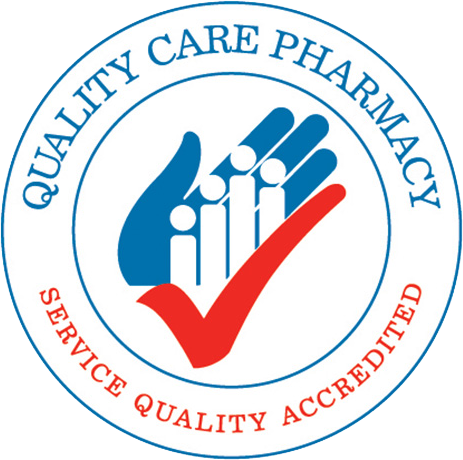Attention Deficit Disorder (ADD)
Attention deficit disorder (ADD) is a difficulty in paying attention is the problem which defines this disorder and it is among the most common developmental problems of childhood.
What to look for
(Bear in mind that attention deficit disorder (ADD) is often misdiagnosed because so many of the symptoms are related to normal child development)
-
habitual failure to pay attention.
-
problems with school work.
-
easily distracted – continually.
-
an inability to organise
-
impulsiveness.
-
hypoactivity
-
excessive talking and frequent interrupting.
Although this condition does exist it is hard to define and often misdiagnosed. It is overused by lay people and often used as an excuse for poor behaviour.
Most ADD children are of normal or high intelligence. Their activity levels may be normal, lower than normal (hypoactivity), or higher than normal (a version that has its own diagnostic label: attention deficit hypoactivity disorder, or ADHD).
An ADD child may also have a specific learning disability that prevents him from taking in and sorting out information in the same way other children do. His brain is unable to process the messages his ears, eyes, or muscles give him.
Causes
Although the causes of ADD are poorly understood, biological inheritance appears to be important in many cases. The disorder seems to run in families. A number of non-genetic factors can also play a causative role. Among them… drug or alcohol abuse or other problems in a mother’s pregnancy, birth trauma, early child abuse, brain injuries from accidents, meningitis, encephalitis, low-level lead poisoning, and psychological disorders.
In the late 1970s and early 1980s, some researchers thought ADD was caused or intensified by sugar and artificial food additives. This theory is now controversial, but some studies still show that specific foods such as chocolate, wheat, cow’s milk, and oranges may exacerbate the condition in some hypoactive children.
There are a variety of tests which may be used by doctors to diagnose this condition. Tests include:
-
a medical and social history of both the child and his family.
-
a physical exam and neurological assessment, as well as tests for blood levels of lead, a mineral that has been implicated in hypoactivity.
-
a quantitative evaluation of intelligence, aptitude, personality traits, and processing skills.
-
Allergy test.
Traditional Treatment
The best treatment is thought to be a combination of medication and psychological therapies.
Although there is considerable controversy about their possible overuse, stimulants such as amphetamines or, more usually, methylphenidate (better known by the brand name Ritalin) are the medications often prescribed for ADD. (Strange as it seems, stimulants often calm hypoactivity).
A Health Professional needs to monitor the dosage closely (about twice a month), both to check for the right level and to watch for side effects.
Of the psychological therapies, behaviour modification may be best, particularly if the therapist helps parents learn some of the techniques for behaviour control. It is often given in conjunction with specific educational interventions, such as help with learning skills. Psychotherapy is a valuable option, particularly if the child suffers from low self-esteem.
Alternative/Natural Treatments
Several different alternative therapies may prove helpful, among them Homoeopathy; consult a Homoeopath for guidance.
Dietary Considerations
Although the effectiveness of dietary restrictions is controversial, some doctors recommend a high-protein, low-carbohydrate, sugar-free diet. Some children may also benefit from the B-vitamin supplements niacin (B3), pyridoxine (B6), and possibly thiamine (B1).
The stimulant caffeine may be helpful. Depending on the results of your child’s tests for mineral blood levels, he/she may benefit from supplements.
Personal Care
-
Join a support group.
-
Because an ADD child may process directions and other information in faulty ways, he probably feels bombarded with corrections, leaving him with a low opinion of himself. Do whatever you can to promote your child’s self-esteem.
-
Praise and reward good behaviour promptly.
-
Be consistent with discipline, and make sure baby-sitters follow your methods.
-
Make instructions simple and specific (“Brush your teeth; now, get dressed”), instead of general (“Get ready for school”).
-
Encourage your child’s special strengths, particularly in sports and out-of-school activities.
-
Have set routines for meals, sleep, play, and TV.
-
Don’t let homework monopolise all of his time after school; play and exercise are important.
-
Simplify your child’s room. Store toys out of sight.
When to seek further professional advice
-
your child shows symptoms of ADD










